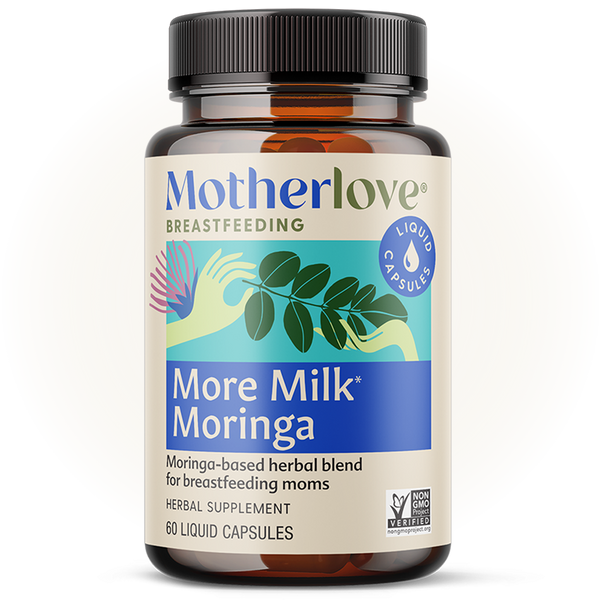CAFFEINE AND BREASTFEEDING: WHAT TO KNOW
So let’s state the obvious; having a new baby is tiring. DUH! If your sleeping schedule is out of whack because of multiple feedings a night, or perhaps a crying fit here and there, you are probably tired. While you may be exhausted, before you guzzle down a pot of coffee, you might want to know how caffeine can affect breastfeeding your baby.
While, yes, it can be safe to drink coffee both while you are pregnant and breastfeeding (in moderation), it has been found that caffeine can cross the placenta and can be found in breast milk. If you are curious about caffeine during pregnancy, we invite you to read our previous blog, linked here.
SO HOW MUCH CAN I DRINK?
In short: Limit your intake of caffeine while breastfeeding to 200-300 milligrams per day.
If you would like to drink coffee while you are breastfeeding -- you can! But while you can drink coffee, or rather ingest caffeine while breastfeeding, you may want to know the effects it may have on your baby and even your breast milk supply.
CAN CAFFEINE AFFECT MY BABY?
Breastfeeding Answer Made Simple (Hale 2010, p. 251) has claimed that excessive caffeine consumption in mothers can result in infants that display signs of caffeine stimulation. When children, specifically babies, are affected by stimulants, such as caffeine, they can be overly fussy, irritable, gassy, and alert.
It is important to remember that children’s tolerance for caffeine is vastly different than a full-grown adult. That said, if you have a baby under 6 months, your baby may be more sensitive to caffeine through your breast milk. The Center for Disease Control (CDC) has said that preterm and newborn infants are slower to break down caffeine compared to older babies. The CDC also recommends that mothers limit their caffeine intake to about 300 milligrams (about 2-3 cups of coffee).
CAN CAFFEINE AFFECT MY BREAST MILK SUPPLY?
In Medications and Mother’s Milk (Hale 2017, p. 139-140), caffeine was listed as a Lactation Risk Category and based on the maternal dosing, milk levels were affected. Aside from caffeine proposed effects on breast milk, caffeine has also been studied to decrease iron content in breast milk as well (Nehlig & Debry, 1994).
While being low in iron may not seem problematic, iron deficiency after having a baby has shown through limited evidence to affect lactation. If you are curious about iron deficiency and would like to know more about its associations with milk supply, you can read our blog.
Whether you choose to ingest caffeine or cut it from your diet while you are breastfeeding, it is important to know that you should be limiting how many milligrams of caffeine you are drinking per day. Typically you should only consume 200-300 mg while you are breastfeeding.




